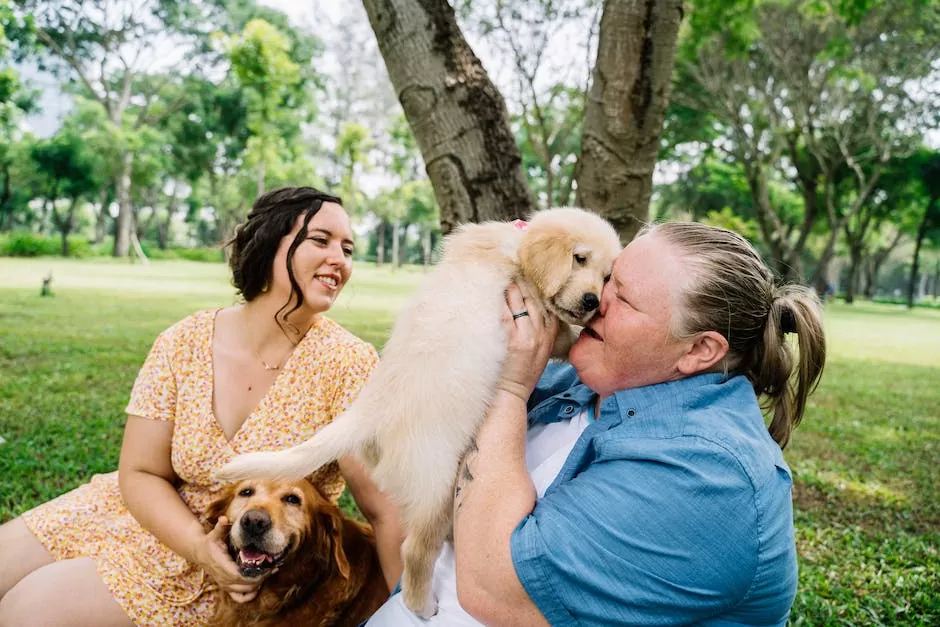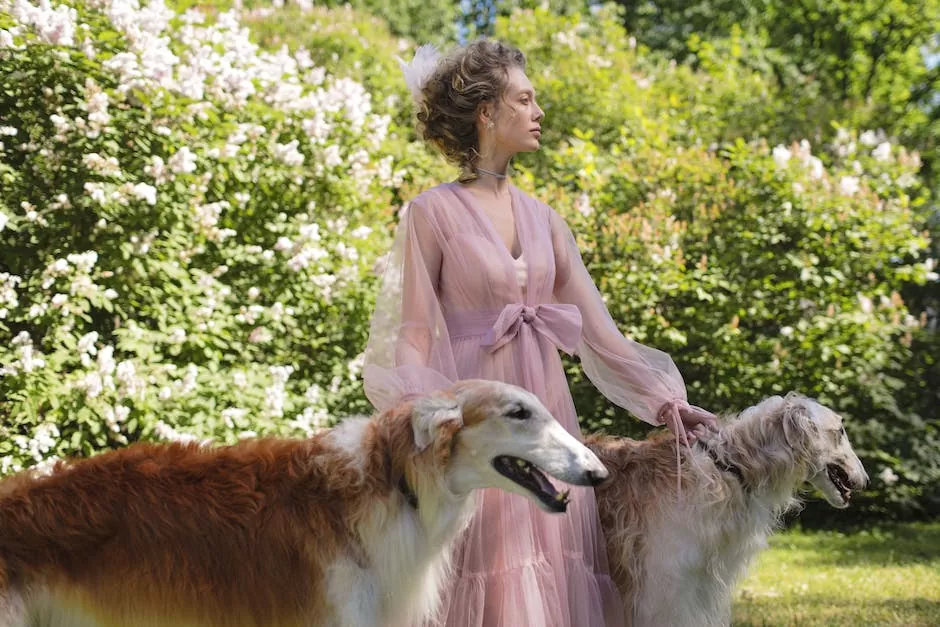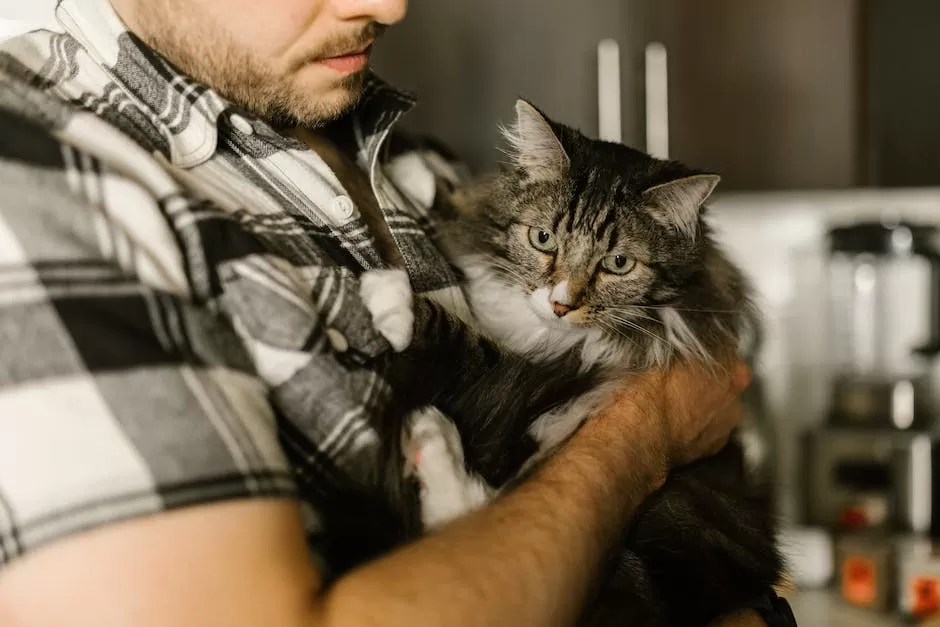How do dogs hold their pee?

Dogs have a remarkable ability to hold their pee. This is because their bodies are designed to hold urine in their bladder until they are ready to release it. When a dog feels the need to urinate, the muscles in their bladder contract and the urine is forced into the urethra. The urethra is a small tube that runs from the bladder to the outside of the body. The dog’s urethral sphincter is a muscle that controls the release of urine. When the dog wants to urinate, the sphincter muscle relaxes and the urine is expelled.
As much as we might like to think that our dogs hold their pee out of a sense of politeness, the truth is that they’re just really good at holding it in. Their urinary systems are designed to allow them to store urine for long periods of time, and they have innate mechanisms for controlling the muscles that allow them to release it.
How long can a dog hold their pee?
A young dog can hold their pee for up to 10-12 hours if needed, but that doesn’t mean that they should. The average adult dog should be allowed to relieve itself at least 3-5 times per day. That’s at least once every 8 hours.
To house train your puppy, you’ll need to be vigilant about taking them out to the correct toileting area often. As they begin to make the connection between the correct area and toileting, they will start to hold their bladder until they reach that specific spot. With consistent training, your puppy will learn to hold their bladder until they reach the appropriate toileting area.
How long can a dog hold their pee overnight
It is important to note that all dogs need to be taken out after a meal or a drink, upon waking up and after a period of play. Urinary frequency in dogs will vary due to factors such as age, sex, body size and overall health. However, on average, dogs can go for 8 to 10 hours without urinating overnight.
If you have a dog, it is important to be aware of the potential health risks associated with forcing your dog to hold its pee for too long. Although your dog might be able to physically hold it in for extended periods of time, this can lead to urinary tract infections or urinary crystals and stones. Additionally, the inability to urinate can also lead to behavioral issues. If you are concerned about your dog’s health, it is best to consult with a veterinarian to determine the best course of action.
Is it OK to leave dog for 12 hours?
If you’re leaving your dog alone for an extended period of time, it’s important to prepare them beforehand. This means establishing a routine that they can follow while you’re gone, and making sure they have everything they need. Most experts agree that you shouldn’t leave your adult dog alone for more than eight to 10 hours, but some dogs (especially ones with small bladders) can’t last that long. If this is the case, you’ll need to make arrangements for someone to check on them during the day.
If you’re leaving your dog for three days, it’s important to make sure they have everything they need. This includes food, water, and plenty of potty breaks. You may also want to consider hiring a dog sitter to check on your pup while you’re away.
Do dogs get the urge to pee?
There are several factors that contribute to how often your dog needs to pee. The frequency might increase based on little things like your pet drinking extra water after a hot day at the park or after sneaking some crisps. That being said, frequent urination in dogs might indicate a much bigger issue, such as a health problem. If you notice that your dog is urinating more frequently than usual, it’s important to take them to the vet to rule out any possible health issues.
Circling before release is a behavior exhibited by some dogs prior to urinating or defecating. The theory behind this behavior is that the dog is preparing for potty time and the movement encourages a fast and smooth elimination experience.
Do dogs recognize their pee
Alexandra Horowitz, a psychologist at Barnard College who studies the behavior of dogs and has written several books about them, decided to give dogs a chance at showing self-recognition on their own, smelly terms. In a recent study, she concludes that they do recognize the smell of their own urine. Horowitz conducted the study by presenting dogs with three Urines ; their own, a familiar dog’s and a strange dog’s. The dogs sniffed each urine and then were presented with a food bowl. The Bowl had either the same urine as before or a different one. The dogs were more likely to go to the bowl with the familiar urine, showing that they could distinguish their own urine from others.
Dogs may get upset by a situation, but they don’t get mad at someone in the same way that you do. Anger is what psychologists refer to as a secondary emotion, which is a human response to primary emotions like fear and sadness.
Can dogs hold their poop?
Most healthy adult dogs can hold their stool for 12 hours or more if necessary. However, they may need to go to the bathroom an hour or so after a meal. If you get stuck in traffic or at the office, your dog could be OK.
Puppies should have no food or water after about 8-8:30pm so that they can have a chance to go to the bathroom one last time before sleep. This rule of thumb allows for a puppy to be comfortable and not have to wake up in the middle of the night to go to the bathroom.
What’s the longest a dog can go without peeing
Assuming that you are asking how long a dog can go without urinating, the answer is 10 to 15 hours. However, it is preferable to allow them to relieve themselves every 6 to 8 hours.
Dogs need to eliminate frequently because they have a small urinary bladder and intestines that move relatively quickly. Remember that puppies urinate even more frequently than adult dogs. A good rule of thumb to follow is the “four-hour rule”: puppies should be able to hold it for four hours at a time.
Why do dogs lick you?
Licking is a natural and instinctive behaviour to dogs. For them it’s a way of grooming, bonding, and expressing themselves. Your dog may lick you to say they love you, to get your attention, to help soothe themselves if they’re stressed, to show empathy or because you taste good to them!
Dogs use their sense of smell to communicate with other dogs. They have special scent glands in their rectum that release their scent. This allows them to mark their territory and let other dogs know who they are.
Conclusion
Dogs hold their pee by contracting the muscles in their pelvis and sphincter. This closes off the urethra, the tube that carries urine from the bladder to the outside of the body. The dog’s brain then sends signals to the muscles to release the urine.
There are a few ways that dogs hold their pee. One way is to have strong pelvic floor muscles that help to keep the urine in the bladder. Another way is to have a strong sphincter muscle that goes around the urethra and helps to keep the urine from leaks. Dogs also have a very efficient renal system that helps to concentrate their urine so that they don’t have to go as often.